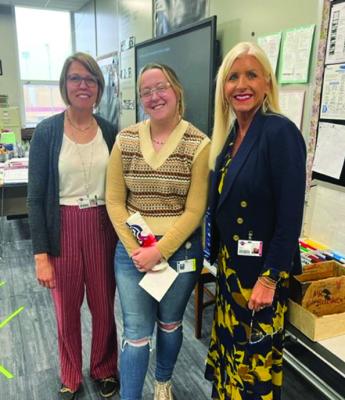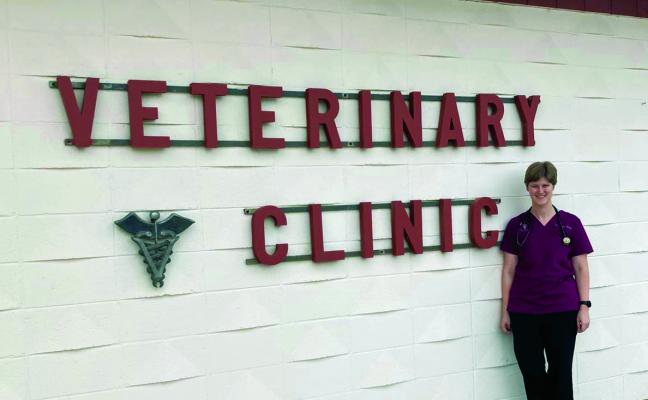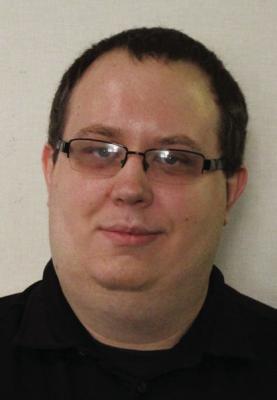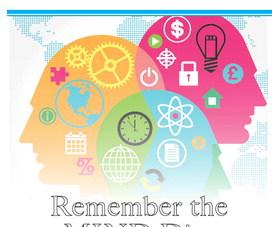Body
Sleep is essential for hardworking caregivers, but between regular life and caregiving responsibilities, getting enough quality rest can be a big challenge. It might seem like falling asleep quickly would be easy after a long day of caring for your loved one, running errands, cooking, wrangling doctor’s offices and insurance companies, and working, but that’s not always the case. Unfortunately, stress, anxiety, and a never-ending “to do” list prevent many caregivers from getting the recommended 7 to 9 hours of quality sleep they really need. Researchers continue to link sleep deprivation to an increased risk of numerous conditions including depression, heart disease, high blood pressure, diabetes, mood disturbances, and even Alzheimer’s Disease or dementia. If you’re suffering from caregiver sleep deprivation and struggle with falling asleep at night, staying asleep, or getting quality sleep, here are some tips:







